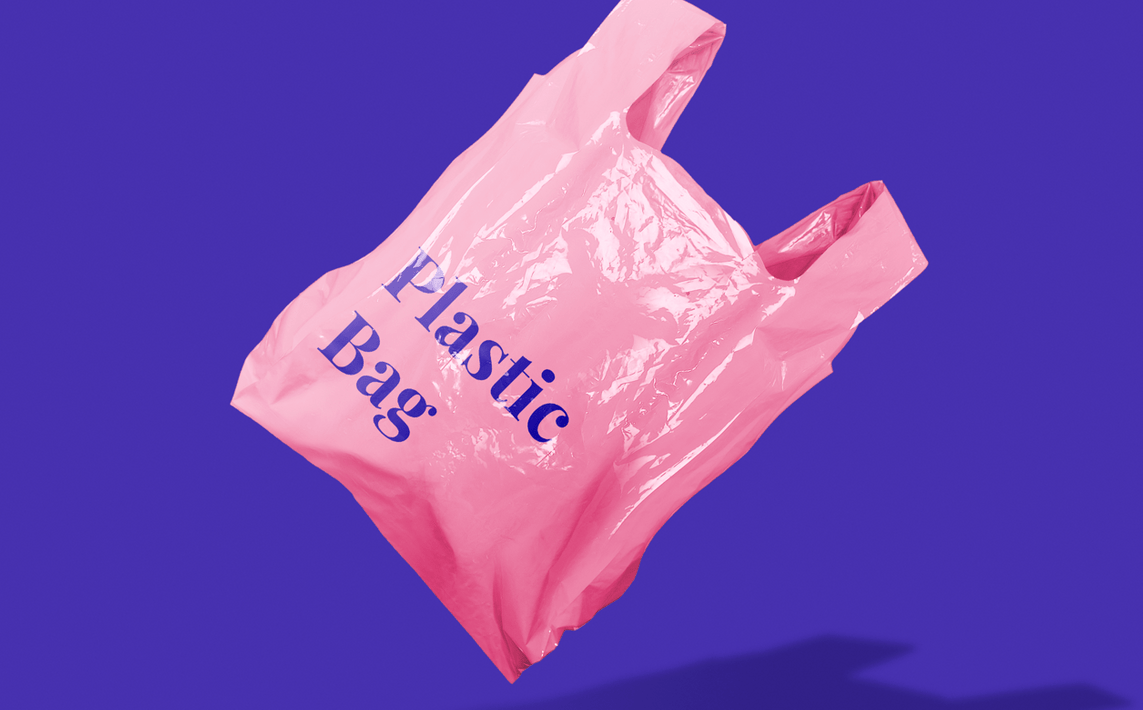The plastic packing tax: What you need to know
The UK government will introduce the Plastic Packaging Tax on 1 April 2022, charging £200 per tonne. The tax will apply to businesses that manufacture or import 10 or more tonnes of finished plastic components within the preceding 12 month period or plan on doing so within the following 30 days.
The government says that the PPT will only be levied on packaging components that contain less than 30 per cent recycled plastic. Components that contain more than that will not be subject to the new charge. Plastic packaging used in medical products is also exempt from PPT. This includes any products designed to prevent or treat diseases in human beings, and any items administered to humans to improve their health or make a medical diagnosis.
Why introduce the tax?
The Plastic Packaging Tax (PPT) is an environmental tax designed to accommodate the negative externalities associated with plastic packaging usage. The government hopes that the new levy will reflect the true cost of plastic packaging use and incentivise companies to use alternative means to pack and ship their products.
The PPT may reduce the amount of plastic going to landfills and incineration, and could cause a fall in the total quantities consumed by the economy. The tax was announced in the Autumn 2021 budget, and the government continues consultations with business and other interest groups to finalise how it will implement it, and the shape that it will take.
What type of packaging is subject to the tax?
The government says that businesses will need to pay PPT if:
1. Plastic packaging components are produced in the UK
2. Finished plastic packaging components are imported into the UK on behalf of a company
3. Plastic packaging is being used for business purposes
A “plastic packaging component” is something that is either suitable for use alone, or in combination with other packaging components. For instance, a company might include a plastic bag inside a cardboard box. The plastic bag would be subject to PPT. Packing attracts PPT whenever it's used to protect, contain, handle, deliver or present goods.
The definition, therefore, is broad enough to include things like bulk containers and coat hangers. Critically, the PPT will apply to packages in all stages of the supply chain, not just final consumer products. If you're manufacturing plastic packaging for export, you may defer payment for up to twelve months under certain conditions. The government says that PPT liability is cancelled if you export within the allotted twelve-month period.
How to register for the new tax
If you qualify for PPT under the conditions outlined above, you will need to register with the tax authorities from 1 April 2022.
Please note that if you use or import more than 10 tonnes of plastic packing and you're exempt from paying the tax because you use 30 per cent recycled plastic or you're using plastic in medical devices, you will need to register with HMRC. Similarly, if your business is based outside of the UK, you must register it and pay tax if you import plastics into the UK.









